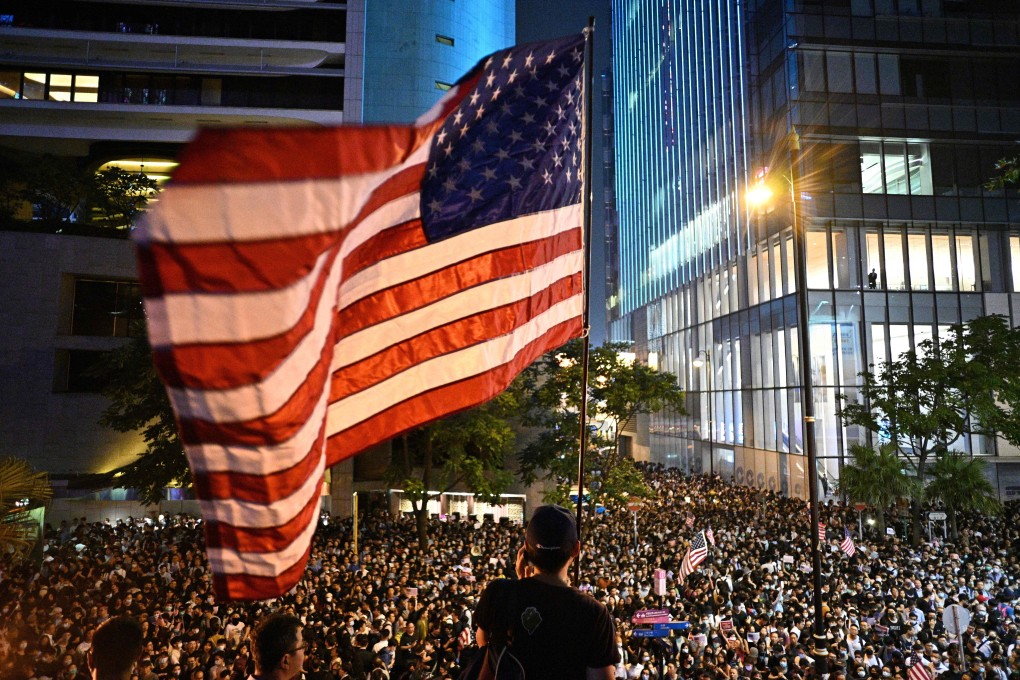Opinion | In Hong Kong, the US and Britain, the truth about ‘liberty’ will set you free
- Most people think liberty refers to the protection of universal rights but for most of British history it meant special privileges enjoyed by groups
- Groupthink shaped policy in colonial Hong Kong and Western democracies did not raise serious objections even when human rights norms were violated

Most people think “liberty” means the protection of universal rights, such as the right to a fair trial, rights we enjoy whether we are rich or poor. This is the modern notion of liberty. Because the same word appears in England as early as the Magna Carta, people think the English already enjoyed liberties in the 13th century.
Historians know better. For most of British history, “liberty” meant special privileges, and a man’s privileges were determined by the social rank, religion, and race into which he was born.
If you were from a rich or noble family, if you were English and Anglican and not Jewish or Muslim, then you enjoyed substantial “liberties”. If you were not so lucky, your privileges were easily trumped by those with heftier “liberties”.
It was all about groups, and that is why, for much of European history, government actions were driven by groupthink. That basically meant the value of a person or a policy was evaluated on the basis of group membership, not benefit to society. The relevant Wikipedia entry notes that groupthink often results in “an irrational or dysfunctional decision-making outcome”.

02:02
Hong Kong’s Carrie Lam leads flag-raising ceremony on 23rd anniversary of handover
